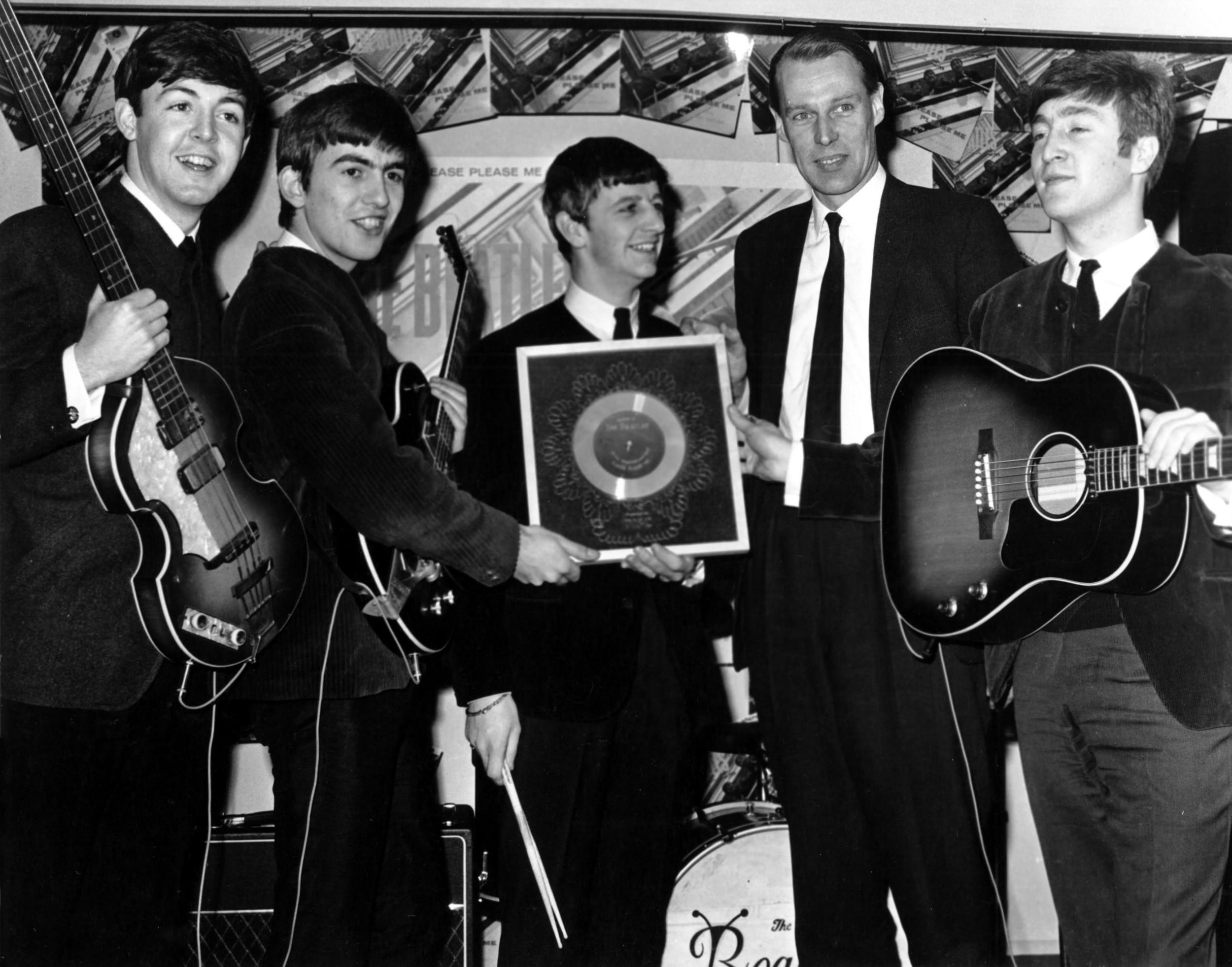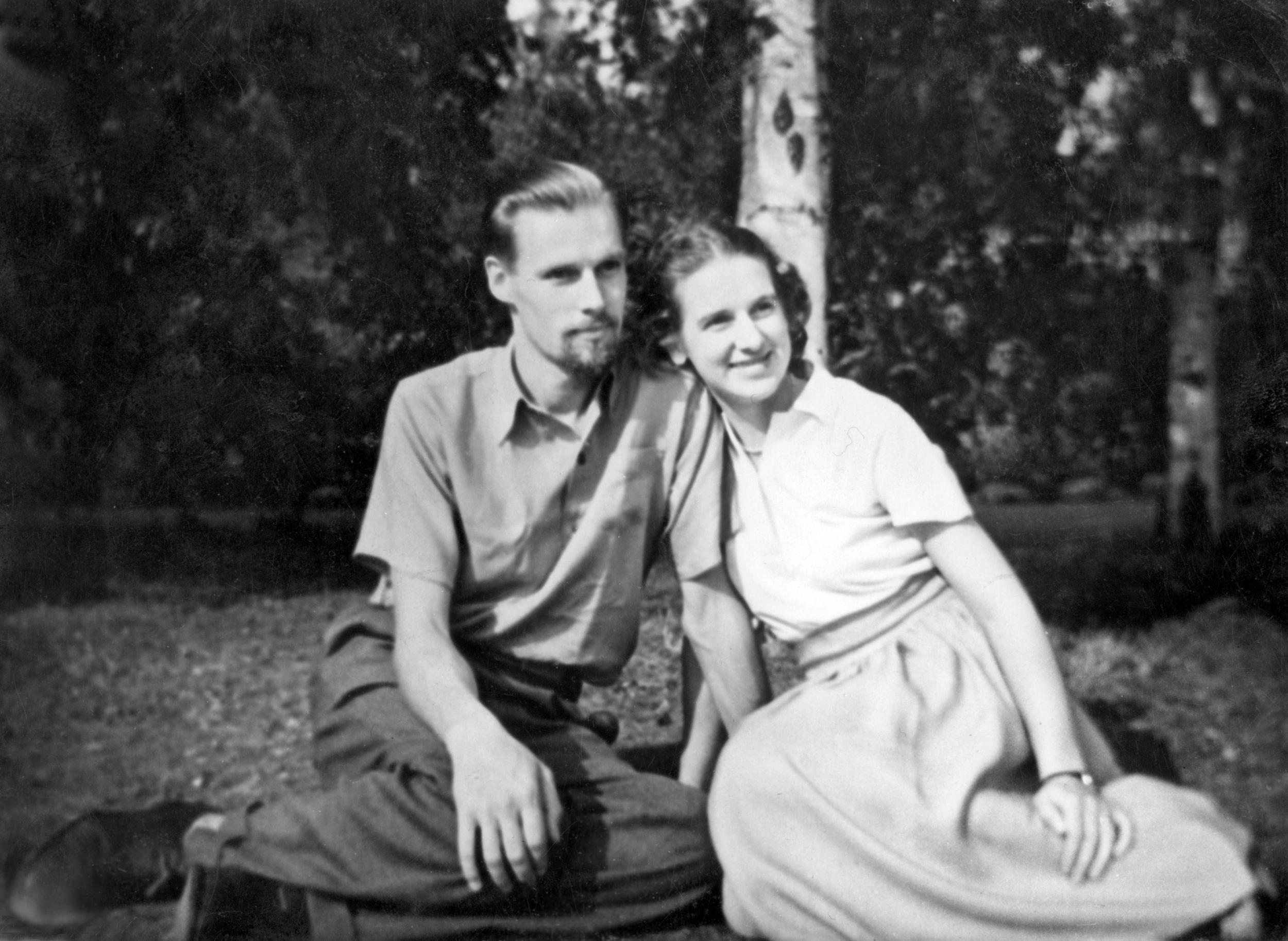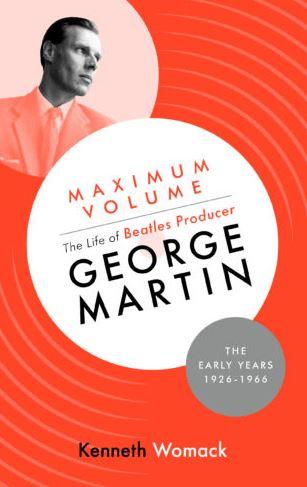'Maximum Volume: The Life of Beatles Producer George Martin, The Early Years' – exclusive extract
This exclusive extract from Ken Womack's new book details the beginning of tensions in the biggest band in the world, the departure of engineer Norman Smith, and the launch of Martin's own recording company

Your support helps us to tell the story
From reproductive rights to climate change to Big Tech, The Independent is on the ground when the story is developing. Whether it's investigating the financials of Elon Musk's pro-Trump PAC or producing our latest documentary, 'The A Word', which shines a light on the American women fighting for reproductive rights, we know how important it is to parse out the facts from the messaging.
At such a critical moment in US history, we need reporters on the ground. Your donation allows us to keep sending journalists to speak to both sides of the story.
The Independent is trusted by Americans across the entire political spectrum. And unlike many other quality news outlets, we choose not to lock Americans out of our reporting and analysis with paywalls. We believe quality journalism should be available to everyone, paid for by those who can afford it.
Your support makes all the difference.The day after The Beatles’ Cardiff show, manager Brian Epstein and the bandmates met with Walter Shenson, the producer who brought them to the big screen in A Hard Day’s Night and Help!
While the meeting was certainly less climactic than the previous evening’s concert, the day’s events held great portents nonetheless. Brian had arranged the meeting so that Walter could pitch a third feature film to the group. This time, the deal involved another property for United Artists titled A Talent for Loving.
Based on Richard Condon’s novel of the same name, A Talent for Loving would depict the four lads from Liverpool transplanted into an 1870s-era western as pioneering frontiersmen. But for the first time, the Beatles weren’t having it, voting unanimously – all for one and one for all, as was their practice – to reject Shenson’s gambit outright.
And in so doing, for the first time since achieving global fame, they upset Brian and producer George Martin’s formula divining their annual output to be a pair of studio albums, a fresh parcel of singles, and a major movie release. Simply put, there would be no Beatles feature film in 1966. The winds of change were clearly blowing in the bandmates’ camp.
The release of the Rubber Soul album had ushered in a new era for the Beatles all right, and in more ways than one. The Granada television special, The Music of Lennon and McCartney, had celebrated John and Paul as the most renowned popular songwriters of their day. As Martin unabashedly remarked, “Great talent it was. They were the Cole Porters and George Gershwins of their generation, of that there is no doubt.
“Somebody compared them to Schubert, which sounds a bit pretentious, but I would go along with that to the extent that their music was perfectly representative of the period in which they were living.” By then, even John and Paul knew it, too.
After the accolades had been heaped upon “Yesterday” and Rubber Soul, there was really no looking back. For so long, they had been writing in close quarters – “nose to nose” and “eyeball to eyeball” – but even those days were rapidly coming to a close.
For Lennon and McCartney, the stakes of authorship – and the myriad rewards that it brought – were growing ever more competitive with each new recording.
The increasing shifts in the band’s calculus – and the role of authorial stakes in these changes – were hardly lost on EMI engineer Norman Smith, either. For his part, Smith had had just about enough of the Beatles by this time.
Enjoy unlimited access to 100 million ad-free songs and podcasts with Amazon Music
Sign up now for a 4 month free trial (3 months for non-Prime members)
Enjoy unlimited access to 100 million ad-free songs and podcasts with Amazon Music
Sign up now for a 4 month free trial (3 months for non-Prime members)
For a while, he had chalked it up to being at a creative impasse with the group: “Rubber Soul wasn’t really my bag at all.” But in truth, it was much more than that.
In a less guarded moment, he would admit that “when Rubber Soul came around it was taking a lot longer to record each title”.
“I could see the friction building up and I didn’t like it at all. I thought, ‘To hell with this,’ and I told George Martin, ‘I don’t like what I see and I want to get off this train.’ He said, ‘They’re going to be very upset about this,’ but I said, ‘Well, that’s the way it is.’”
In the engineer’s reckoning, “something had happened between Help! and Rubber Soul”. “There had been one hell of a change in the relationship between the boys – mainly between John and Paul. It was very noticeable, and it made me quite sad in actual fact.”
In earlier days, “the four boys, George, and myself had formed a sort of family, and, as you can probably imagine, it was wonderful to be part of all that”. But as far as he was concerned, the writing was already the wall – and had been for a while.
Smith had recognised a change in the band’s chemistry as McCartney, in particular, seemed to be emerging as the “main musical force”. Even Harrison – the junior member in The Beatles’ songwriting contest for so long by this point – was getting into the act. None of this was lost on Martin, of course.

He may have been hoodwinked by the smutty backing vocals in “Girl”, but by this juncture he had observed the group up close, day after day, for literally hundreds of hours inside and outside the studio.
No, he knew exactly what was going on. But at the same time, he recognised their increasing tension as a central element in the Lennon-McCartney partnership – and in a larger sense, in the music of The Beatles.
“Imagine two people pulling on a rope, smiling at each other and pulling all the time with all their might,” he once observed. “The tension between the two of them made for the bond.”
Ever true to his word, Smith made his exit from The Beatles’ brain trust in the new year. “I told George and George told Eppy [Brian Epstein], and the next thing I received a lovely gold carriage clock inscribed: ‘To Norman. Thanks. John, Paul, George and Ringo.’”
But on 3 January 1966, as George Martin celebrated his fortieth birthday, the effects of such changes had yet to be realised, and wouldn’t be for days – if not weeks or months, or even years.
With the triumph of Rubber Soul still fresh as the album reigned atop the charts, the man who had brought Parlophone [Records] back from the brink of obsolescence had succeeded beyond his wildest dreams, having crawled out from behind EMI’s shadow and made a name for himself in the wide world of pop music and Western culture.
And he had done so with a beat-music band of his own – with a group of Liverpool musicians upon whom the rest of the industry had turned its back. He had piloted them beyond their modest Mersey-sound origins into something that none of them could have even reasonably imagined.
Yes, they had come a long way from the simple, bluesy sound of “Love Me Do”, and eclipsed George’s expectations many times over. With each passing session – from Please Please Me through Rubber Soul – they had marched into the studio, brimming with new and often breathtaking compositions, and unveiled a seemingly endless array of musical riches in the friendly confines of Studio 2. And to think that by January 1966 they were only just getting started.
As George marked his birthday, there was much to be thankful for and even more untold possibilities lurking just beyond the horizon. Fewer than four years earlier, he had begrudgingly taken a risk on the band, and the bet had paid off handsomely and then some.
While George and girlfriend Judy celebrated the producer’s birthday, The Beatles were, for the most part, taking a much-deserved break from the studio and that wearisome road that they knew so well. But come April, they were poised to fire the whole enterprise up again and see where it might lead to next.

As for George, having finally been untethered from the EMI group and with his divorce from Sheena finalised the previous February, The Beatles’ producer was at a crossroads. With marriage to his beloved Judy no doubt in the offing, George could afford to look at the world with a gleam in his eye and plenty of untapped ambition left in that secret, working-class heart of his.
With Len Wood and EMI in his rearview mirror, and his partners at AIR studios eager to support his vision for unbridled pop-music production, one thing was certain: after years of toiling at the behest of others, he was finally going into business for himself.
Maximum Volume: The Life of Beatles Producer George Martin, The Early Years (1926 – 1966) by Kenneth Womack is out now via Orphans Publishing
Join our commenting forum
Join thought-provoking conversations, follow other Independent readers and see their replies
Comments